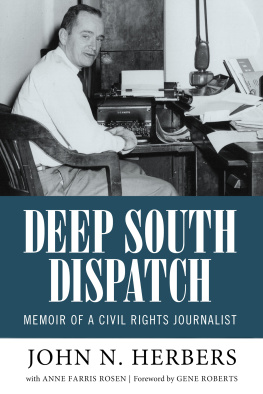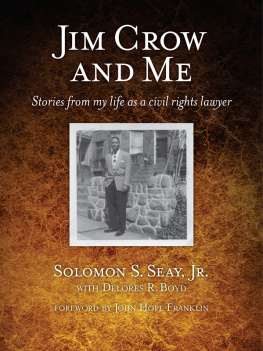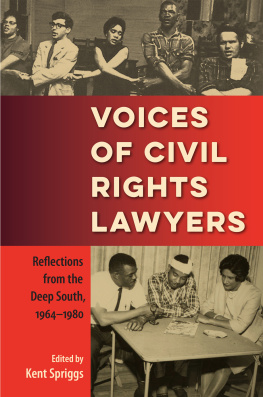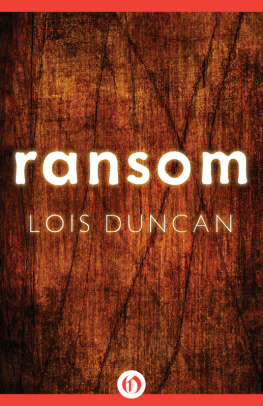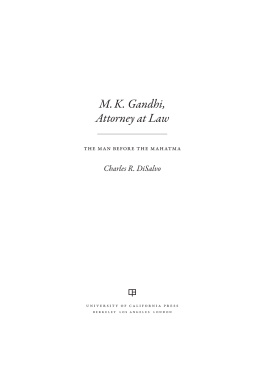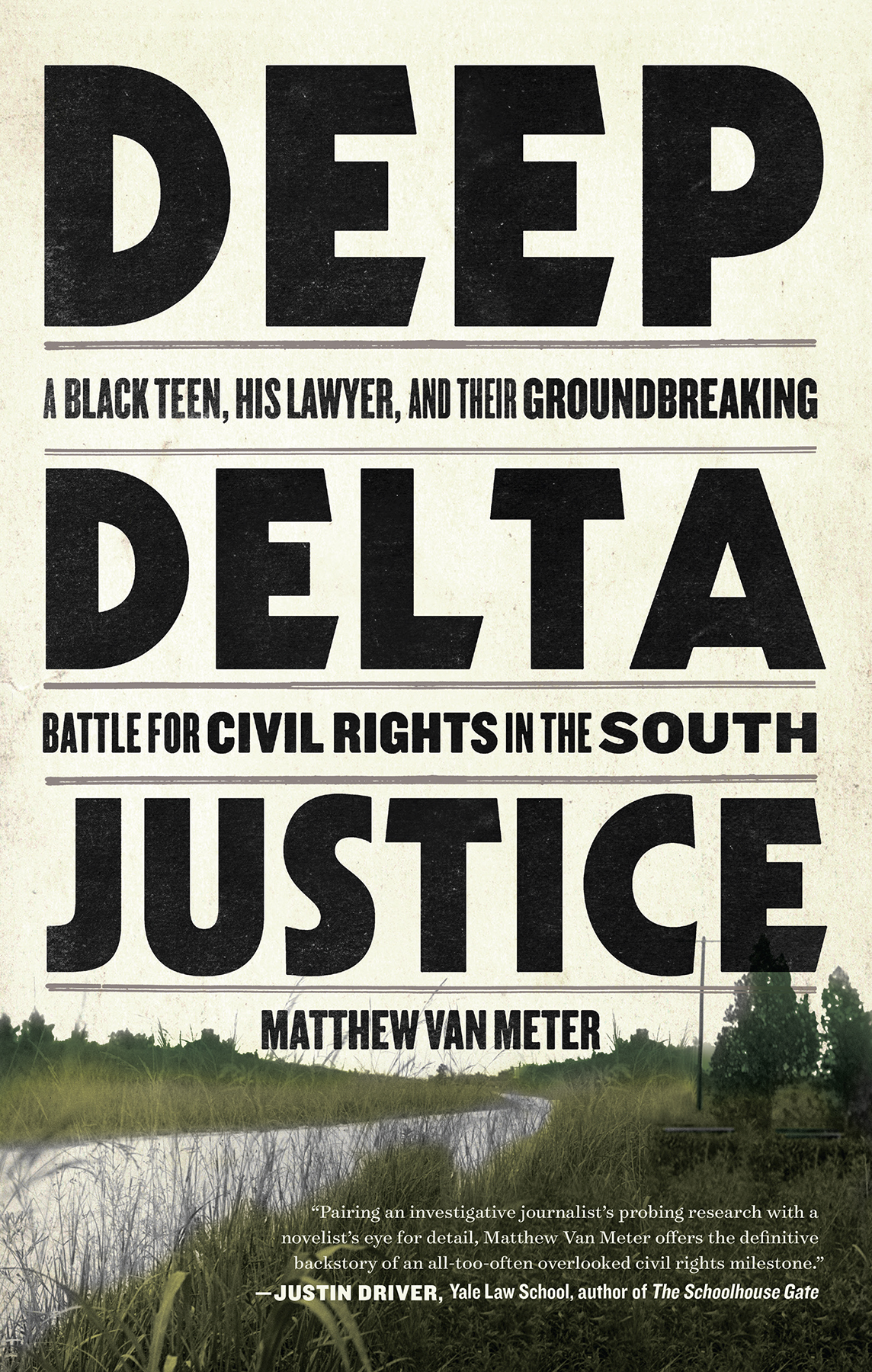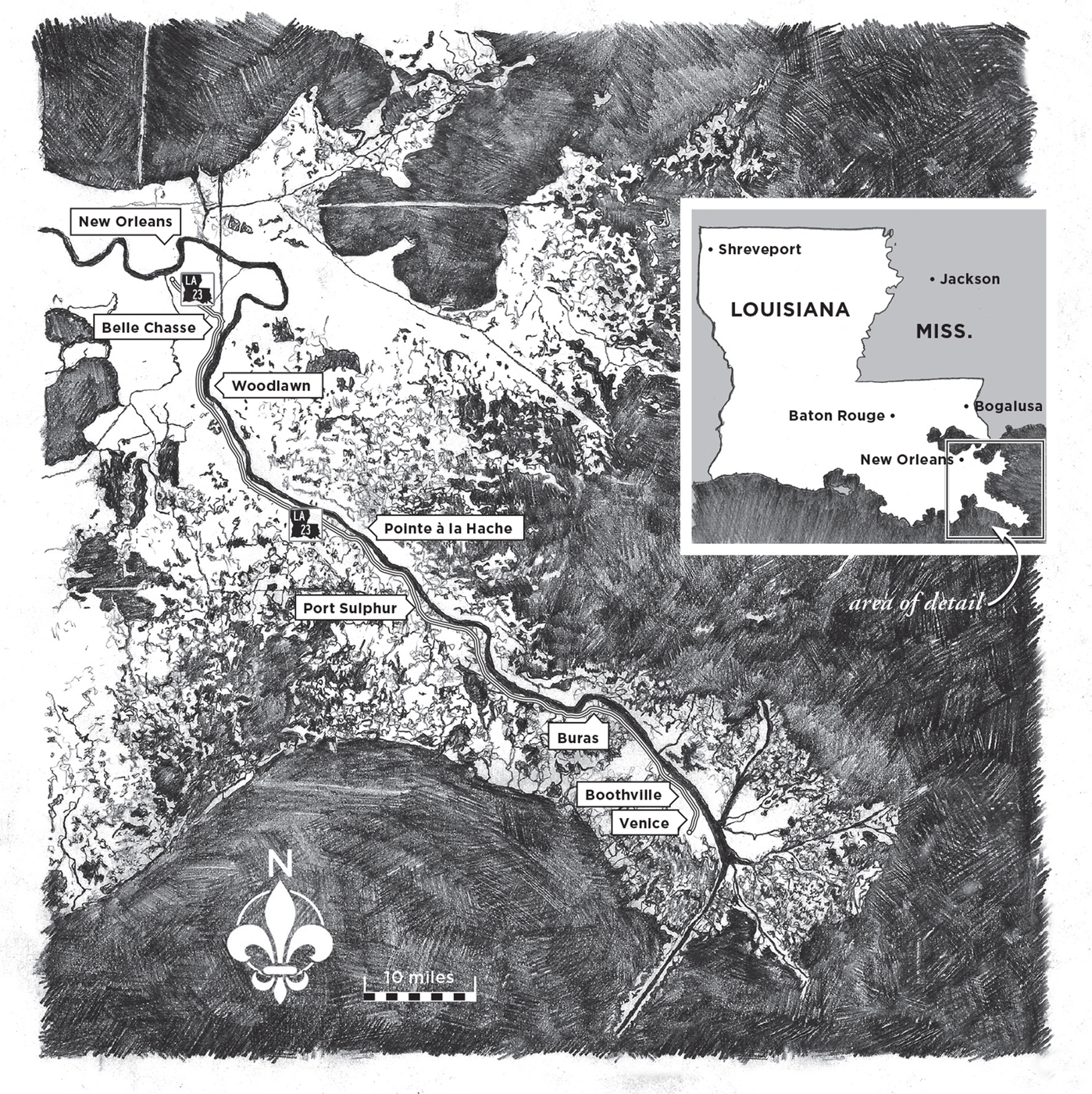Matthew Van Meter - Deep Delta Justice: A Black Teen, His Lawyer, and Their Groundbreaking Battle for Civil Rights in the South
Here you can read online Matthew Van Meter - Deep Delta Justice: A Black Teen, His Lawyer, and Their Groundbreaking Battle for Civil Rights in the South full text of the book (entire story) in english for free. Download pdf and epub, get meaning, cover and reviews about this ebook. year: 2020, publisher: Little, Brown and Company, genre: Detective and thriller. Description of the work, (preface) as well as reviews are available. Best literature library LitArk.com created for fans of good reading and offers a wide selection of genres:
Romance novel
Science fiction
Adventure
Detective
Science
History
Home and family
Prose
Art
Politics
Computer
Non-fiction
Religion
Business
Children
Humor
Choose a favorite category and find really read worthwhile books. Enjoy immersion in the world of imagination, feel the emotions of the characters or learn something new for yourself, make an fascinating discovery.
- Book:Deep Delta Justice: A Black Teen, His Lawyer, and Their Groundbreaking Battle for Civil Rights in the South
- Author:
- Publisher:Little, Brown and Company
- Genre:
- Year:2020
- Rating:5 / 5
- Favourites:Add to favourites
- Your mark:
Deep Delta Justice: A Black Teen, His Lawyer, and Their Groundbreaking Battle for Civil Rights in the South: summary, description and annotation
We offer to read an annotation, description, summary or preface (depends on what the author of the book "Deep Delta Justice: A Black Teen, His Lawyer, and Their Groundbreaking Battle for Civil Rights in the South" wrote himself). If you haven't found the necessary information about the book — write in the comments, we will try to find it.
2021 Chautauqua Prize Finalist
The arresting, astonishing history of one lawyer and his defendant who together achieved a civil rights milestone (Justin Driver).
In 1966 in a small town in Louisiana, a 19-year-old black man named Gary Duncan pulled his car off the road to stop a fight. Duncan was arrested a few minutes later for the crime of putting his hand on the arm of a white child. Rather than accepting his fate, Duncan found Richard Sobol, a brilliant, 29-year-old lawyer from New York who was the only white attorney at the most radical law firm in New Orleans. Against them stood one of the most powerful white supremacists in the South, a man called simply The Judge.
In this powerful work of character-driven history, journalist Matthew Van Meter vividly brings alive how a seemingly minor incident brought massive, systemic change to the criminal justice system. Using first-person interviews, in-depth research and a deep knowledge of the law, Van Meter shows how Gary Duncan's insistence on seeking justice empowered generations of defendants-disproportionately poor and black-to demand fair trials. Duncan v. Louisiana changed American law, but first it changed the lives of those who litigated it.
Matthew Van Meter: author's other books
Who wrote Deep Delta Justice: A Black Teen, His Lawyer, and Their Groundbreaking Battle for Civil Rights in the South? Find out the surname, the name of the author of the book and a list of all author's works by series.



